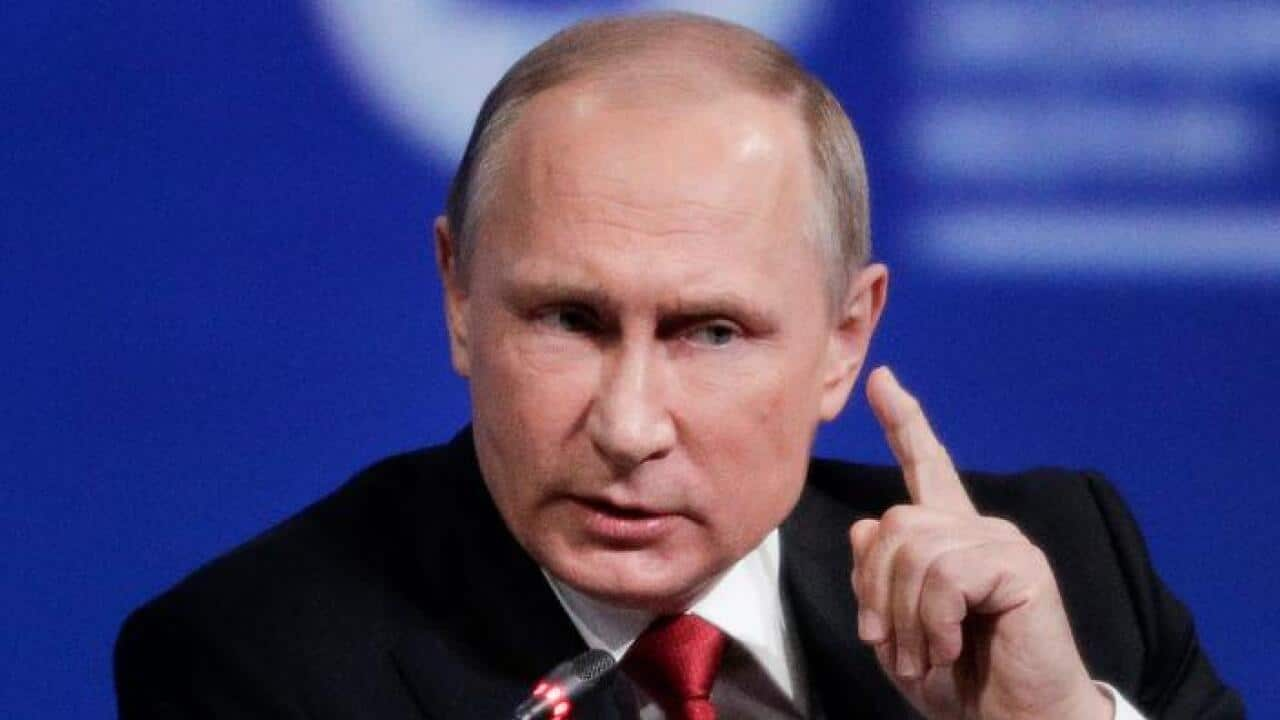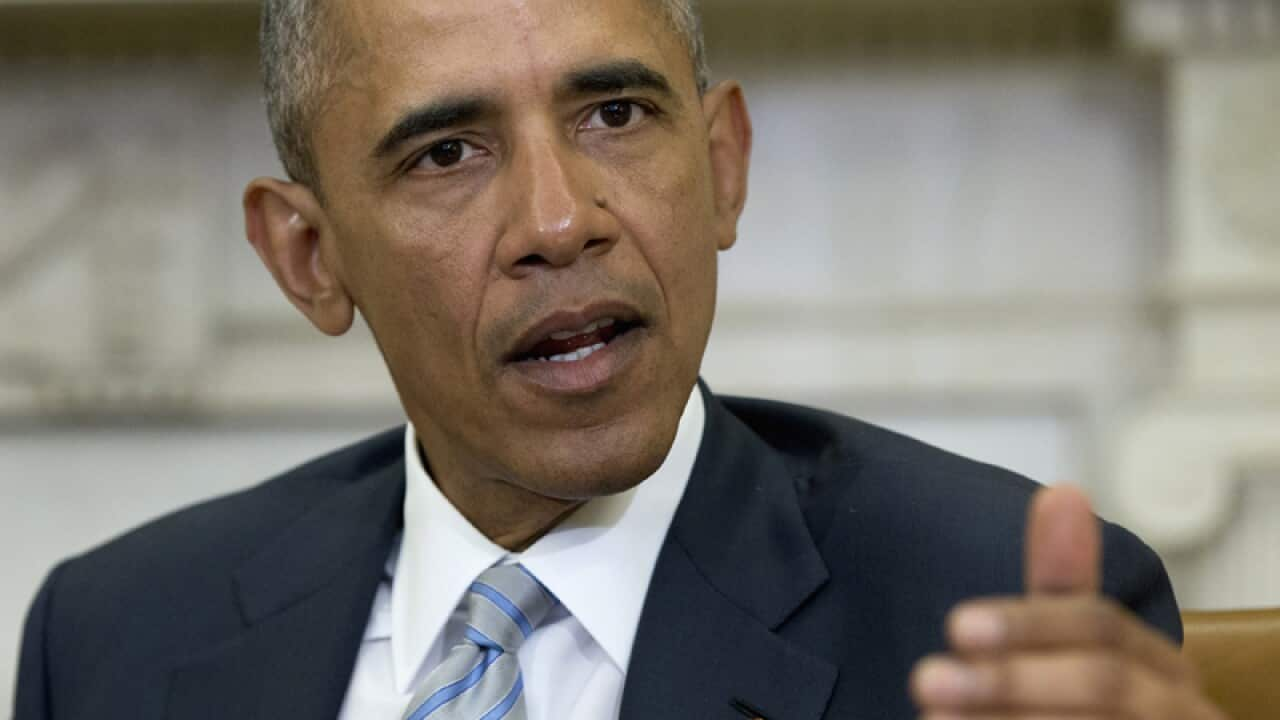The Senate backed the measure, which also imposes sanctions on Iran and North Korea, by a margin of 98-2 with strong support from Trump's fellow Republicans as well as Democrats.
The bill will now be sent to the White House for Trump to sign into law or veto.
The bill is the first major foreign policy legislation approved by Congress under Trump, who has struggled to advance his domestic agenda despite Republicans controlling the Senate and House of Representatives.
If Trump chooses to veto it, the bill is expected to garner enough support in both chambers to override his veto and pass it into law.
The bill threatens to further derail US-Russian relations, which deteriorated under former President Barack Obama.
Trump had hoped to improve ties but his administration has been clouded by investigations of Russian meddling in the 2016 US presidential election to help Trump.
The president denies any collusion between his campaign and Moscow.
The sanctions measure has already passed the House of Representatives by a 419-3.
Republicans and Democrats have pushed for more sanctions partly as a response to conclusions by US intelligence agencies that the Kremlin interfered in the election.
Speaking just before the Senate passed the bill, Republican Senator John McCain, a leading congressional voice calling for a firm line against Russia said: "The United States of America needs to send a strong message to Vladimir Putin and any other aggressor that we will not tolerate attacks on our democracy.
Putin, who has repeatedly denied meddling in the campaign said Moscow would only decide on how to retaliate once it had seen the final text of the proposed law.
The bill would affect a range of Russian industries and might further hurt the Russian economy, already weakened by 2014 sanctions imposed after the Ukraine crisis.
Besides angering Moscow, the proposed legislation has upset the European Union, which has said the new sanctions might affect its energy security and prompt it to act, too
Earlier on Thursday, a senior White House aide said Trump could veto the pending legislation in order to push for a tougher deal, an idea that drew skepticism in Congress because his administration had spent weeks lobbying for a weaker bill.
Trump's concerns include a provision letting Congress stop any effort to ease existing sanctions on Russia. But White House Communications Director Anthony Scaramucci suggested Trump in fact wanted stronger sanctions.
"He may sign the sanctions exactly the way they are or he may veto the sanctions and negotiate an even tougher deal against the Russians," Scaramucci told CNN.
Earlier on Thursday, Senator Bob Corker, chairman of the Senate Foreign Relations Committee, told reporters:
"I would guess that he [Trump] will sign it."
What will Trump do?
Earlier on Thursday before the Senate vote, White House spokeswoman Sarah Sanders said the Trump administration continues to support strong sanctions against Russia, North Korea and Iran, adding "we're going to wait and see what that final legislation looks like and make a decision at that point."
Trump can impose new sanctions at any time through an executive order.
"This bill doesn’t preclude him from issuing tougher sanctions. That doesn’t make any sense," said Edward Fishman, a former State Department official during the Obama administration who worked on U.S. sanctions policy.
Once Trump receives the bill, if he does not sign it, he has 10 days, excluding Sundays, before he must issue a veto and prevent the bill from becoming law automatically.
If he opts for a veto, the bill can become law anyway if two-thirds of both the House and Senate vote for an override.
Putin said on a visit to Finland on Thursday that Russia was "exercising restraint and patience, but at some moment we'll have to retaliate. It's impossible to endlessly tolerate this boorishness towards our country."
Putin, at a joint news conference with Finnish President Sauli Niinisto, also spoke about Obama's order last December to seize Russian diplomatic property in the United States and to expel 35 Russian diplomats.
"This goes beyond all reasonable bounds," Putin said. "And now these sanctions - they are also absolutely unlawful from the point of view of international law."





